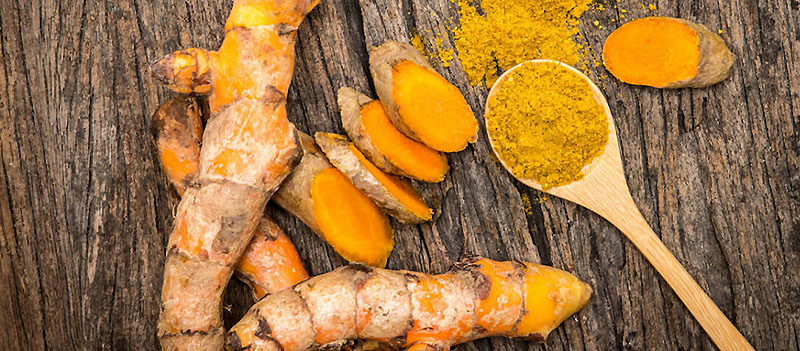Turmeric (Curcuma longa), a flowering plant in the ginger family, is widely used as a food coloring and is one of the principal ingredients in curry powder. Turmeric has long been used in both Ayurvedic and Chinese medicine as an anti-inflammatory, to treat digestive disorders and liver problems, and for the treatment of skin diseases and wound healing. Turmeric is a spice people put in food and not a drug. So can a spice in food turn back or prevent Alzheimer’s and any other dementia? Turmeric has a warm, bitter taste and is used extensively as a food flavoring and colorant; it is a primary component of curry powders and some mustard. The spice has a long tradition in Asian medicine to treat problems ranging from flatulence to hemorrhage.
Turmeric is a spice that is used extensively in Indian cooking. The key reason for this is that turmeric root extract provides medical components which have a chance to treatment aliments from within in addition to while applied to your skin. Turmeric has been used as healing packs that can be applied on the skin. Turmeric extract is surely an intense ingredient consequently a good idea is to not use it right on the skin. It may not cause any harm when applied directly but some skin types are extremely sensitive. Hence the best way to apply turmeric would be to mix with up with milk cream.
Turmeric may help people with ulcerative colitis stay in remission. Ulcerative colitis is a chronic disease of the digestive tract where symptoms tend to come and go. Turmeric is the number one cancer preventing food. You can take our Turmeric Extract or at least try finding turmeric powder from any local grocer and add it in your diet everyday. Turmeric is now grown and exported from tropical regions all over the world, but is extensively cultivate in its native India where it is consumed and exported in large quantities.

Warning: Undefined variable $aria_req in /home/explorer/public_html/wp-content/themes/dominicaexplorer/template-parts/comment-form.php on line 15
Warning: Undefined variable $aria_req in /home/explorer/public_html/wp-content/themes/dominicaexplorer/template-parts/comment-form.php on line 21
Warning: Undefined variable $post_id in /home/explorer/public_html/wp-content/themes/dominicaexplorer/comments.php on line 65